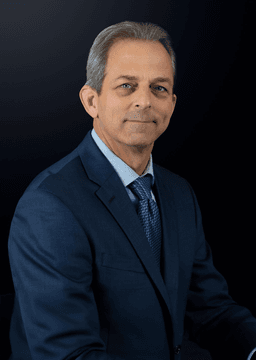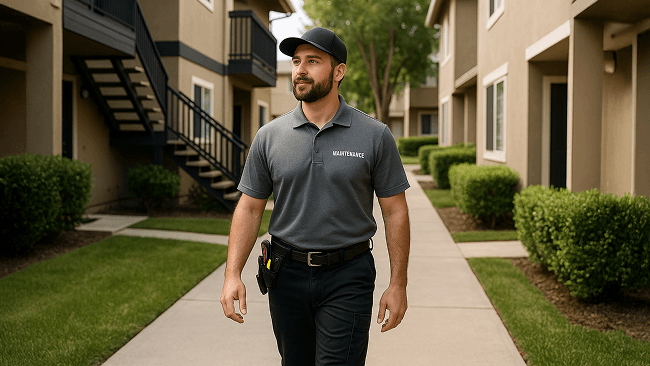Blind Spots & Communication
Now, I can tell you from experience and also from a tremendous amount of research, that there are things that you will do as a supervisor that you will be unaware of at some point. If you drive a car, everyone has a blind spot. Everyone outside of you can see it except for you sometimes the person driving.
So ask other people that you look up to and you respect just if you were. If they were evaluating your position, your role, your job, your property, your department, what are some suggestions they would make that maybe we just overlook? Because we're so accustomed to them being a normal occurrence, and you might get some good input that will give you some great insight that you can make appreciated changes that people just forget to mention because something has been that way for so long, they really don't think it's going to change.
So you may be the person that can change it. Next is decision making. Learn how to make decisions as a supervisor, not just a technician. So now you have another level. Learn how managers make decisions and regional managers and whoever's in your corporate office and start to ask them questions such as, how do you make calculated risks?
Do you have general rules? A rule of thumb, a formula? When do you replace an appliance? When do you paint a building? But understanding how a decision affects the bottom line from a time and money. Perspective is going to make you much more effective as a supervisor. Try evidence instead of opinion as much as possible.
Now you can ask someone that's been doing a trade. For 30 years, you ask a professional plumber what happens most often. They'll tell you what happens most often. If you ask them for evidence, they're probably gonna have a ton of it. But understand the difference between evidence and opinion and your personal opinion may not always be I.
The evidence that someone needs, they may want monetary evidence. So try to get the evidence that people need that's important to them, and also the conviction in the way that you communicate, especially with confidence. If you communicate in a very passive, insecure way, you'll be perceived that way. If you communicate with confidence, it usually means that you're confident at what you do.
You really have an understanding of what's taking place, and that is why you're confident. You may have to learn on working to become confident as you transition into the role from a brand new supervisor to an ex, to an experienced supervisor. But remember, the way that you communicate with people will often determine the effort they put in and the outcome and results that you get.




